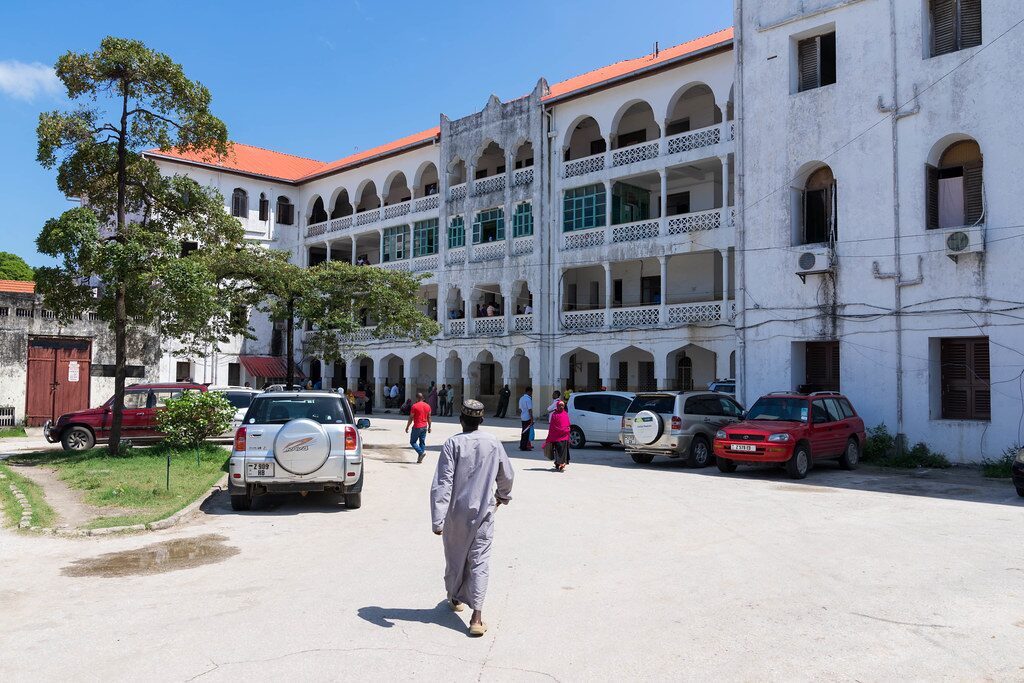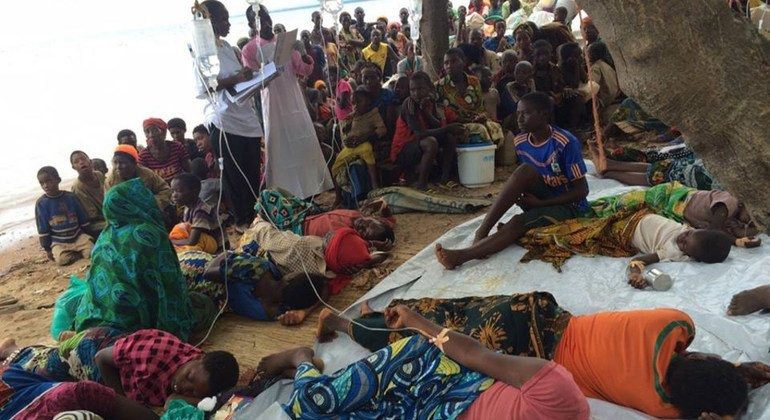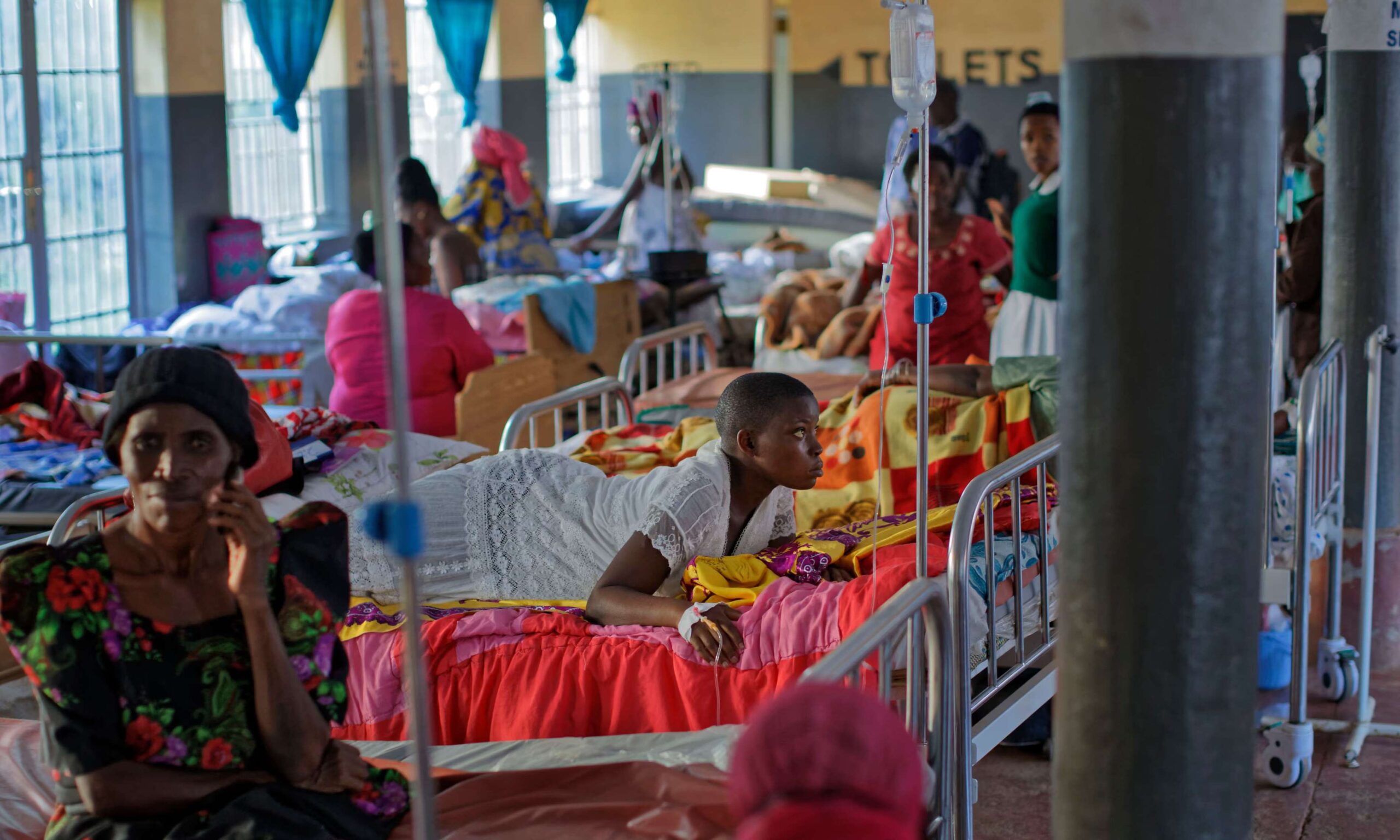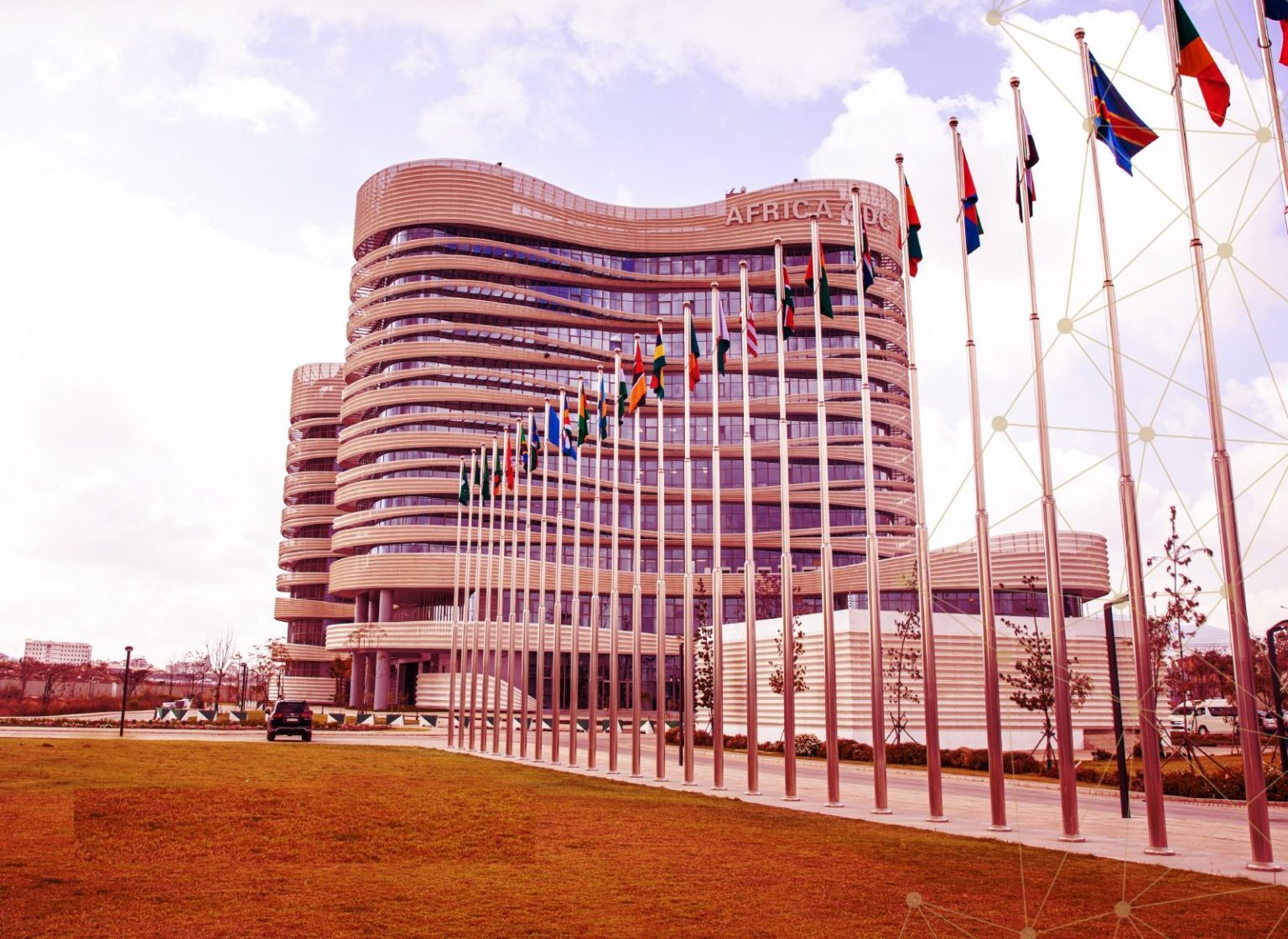
Wednesday 16th April 2025

Por inAfrika Reporter
Burundi is grappling with a deepening humanitarian emergency as two major crises converge a massive influx of refugees from the Democratic Republic of Congo and a fast-spreading cholera outbreak triggered by heavy rains. In recent weeks, over 63,000 Congolese refugees have crossed into northwestern Burundi, fleeing intensified fighting in South Kivu. The surge, the largest in decades, has overwhelmed already fragile border communities.
Most of the new arrivals were crammed into Rugombo Stadium in Cibitoke Province, where tens of thousands slept in the open with barely any sanitation. At one point, as few as 10 latrines served the entire population. Describing the situation as “absolutely dire,” the UN Refugee Agency (UNHCR) has been working with Burundian authorities to relocate families to a newly established camp in Musenyi, southern Burundi. However, by April 7, only about 12,400 had been moved, and the Musenyi site is already over 60% full.
While Burundi has kept its borders open in a show of solidarity, the strain is mounting. The government, with help from humanitarian partners, has deployed army trucks, created temporary reception centers, and issued an international appeal for aid. Local Burundians many with memories of being refugees themselves have also stepped up to help. Yet with UN forecasts suggesting the number of refugees could triple if Congo’s violence worsens, the need for urgent global support is growing.
At the same time, health officials in Cibitoke are racing to contain a cholera outbreak. Torrential rains have damaged latrines and contaminated water sources in rural hills such as Nyamitanga and Ndava-Village. Within just two days in early April, eight cholera cases were confirmed in Buganda commune five of them children. “We live without clean water, without toilets…we feel abandoned,” said one local resident.
Medical staff at overwhelmed health centers report shortages of rehydration salts and antibiotics. The Burundian Red Cross is disinfecting affected areas and distributing chlorinated water, while awareness campaigns on hygiene are underway. Treatment tents are being set up to isolate patients, and the central government has sent a rapid response team. Though no deaths have been reported, officials warn that if not swiftly contained, the disease could spread to refugee camps or even across borders.
This convergence of crises highlights the vulnerability of one of Africa’s poorest nations. The refugee influx and the cholera outbreak reflect how conflict, climate extremes, and under-resourced health systems can collide with devastating consequences. Burundi’s response keeping its borders open, mobilizing aid, and calling for international help may influence future donor engagement. More immediately, saving lives and preserving public health will require swift and sustained support from global partners.


